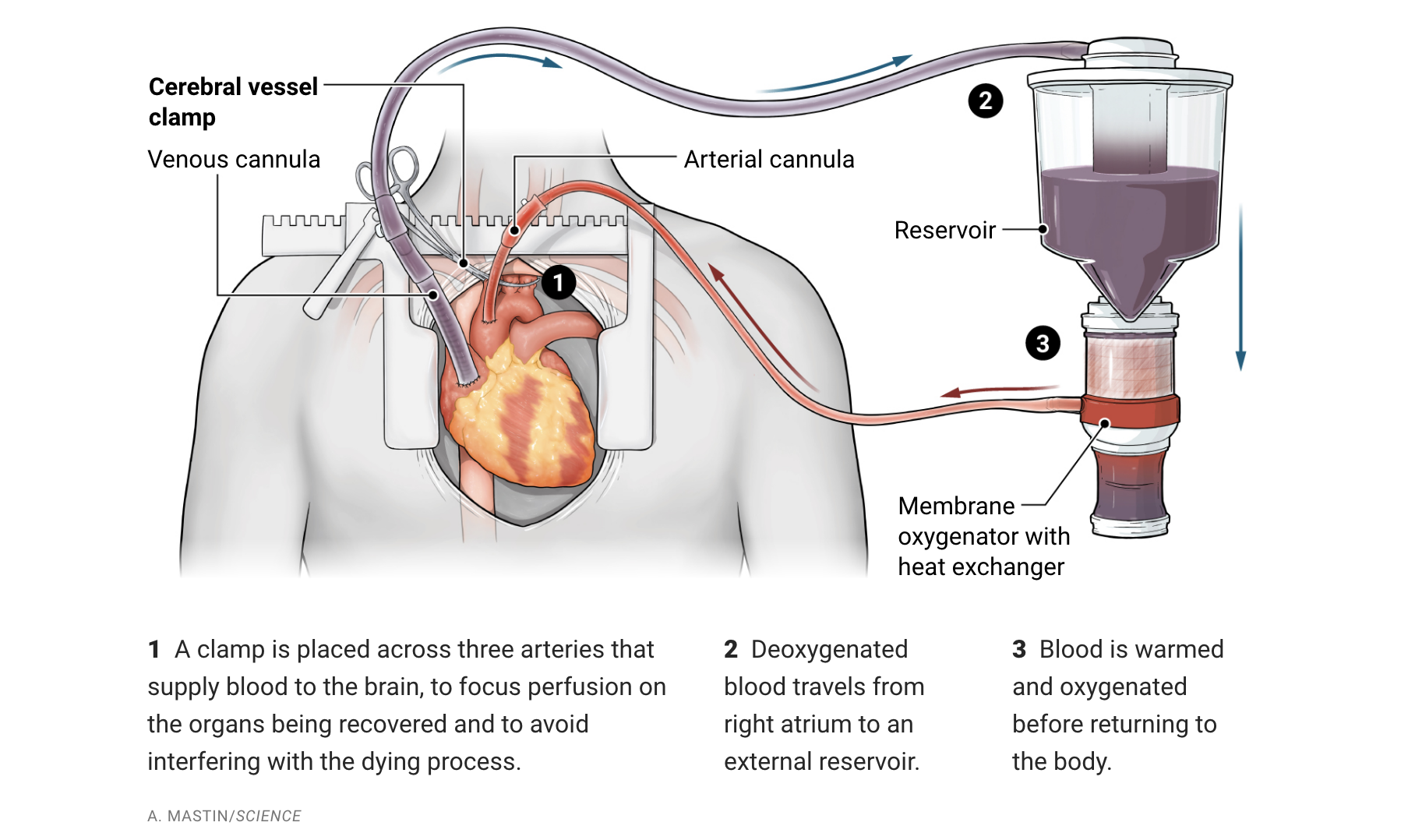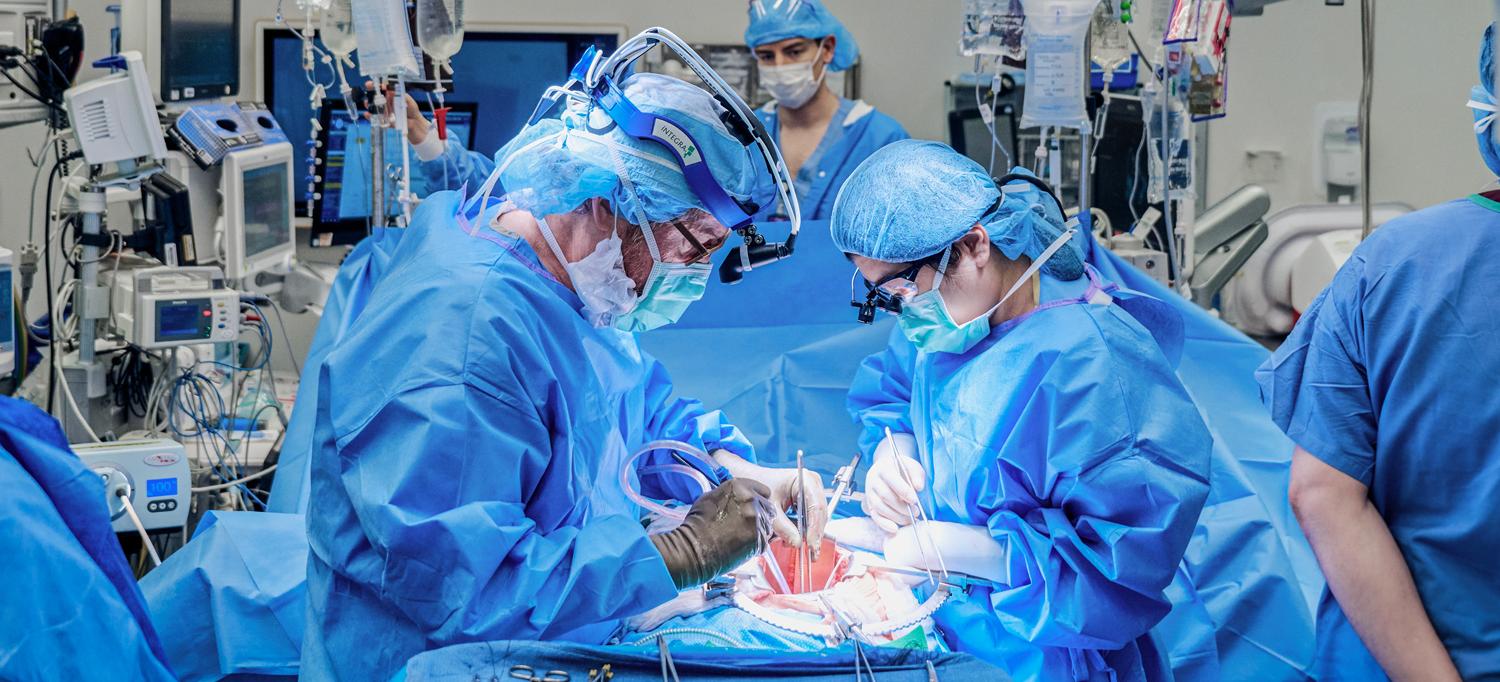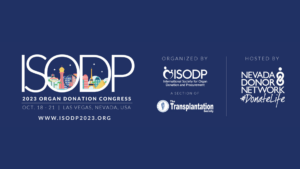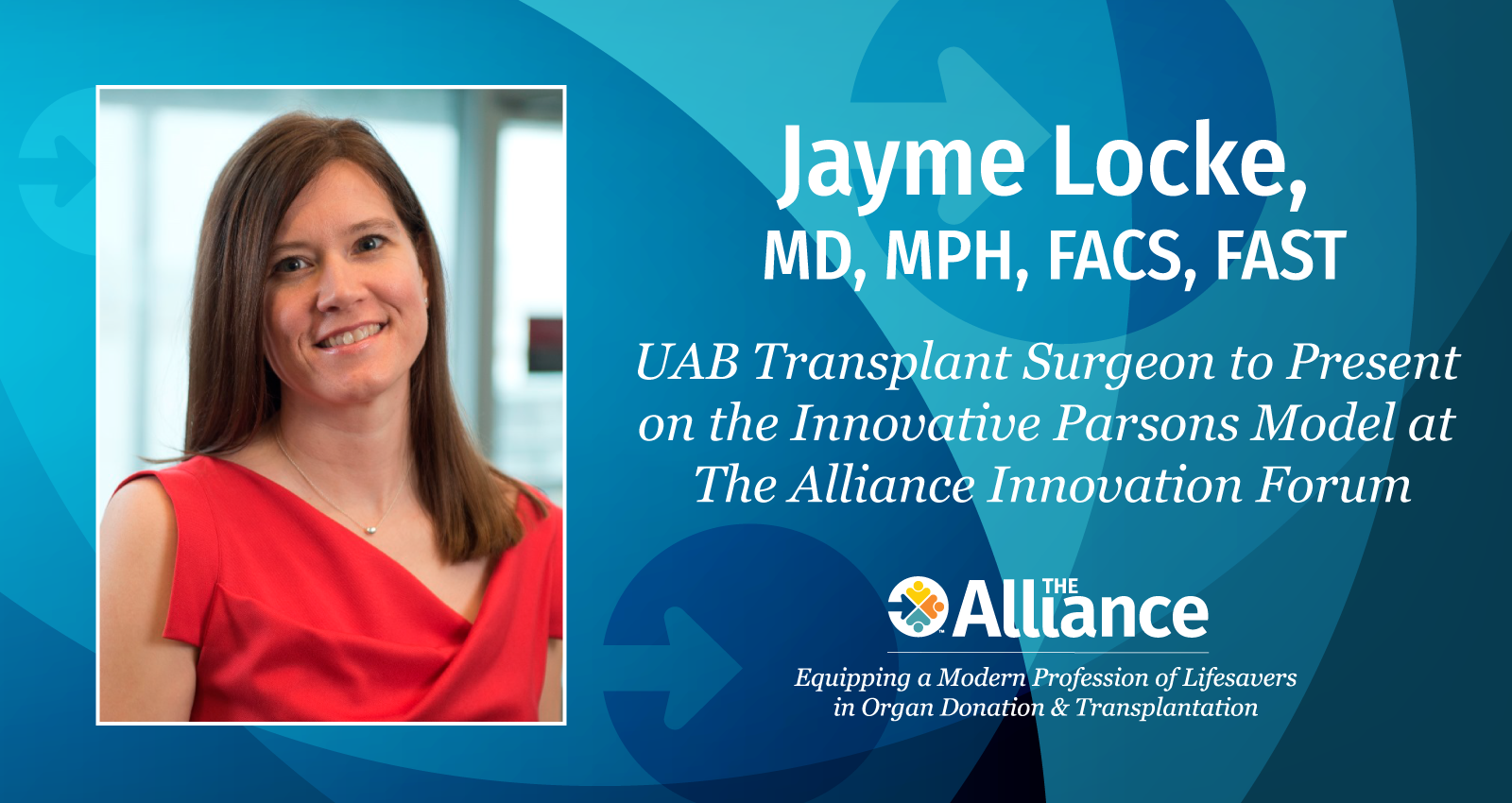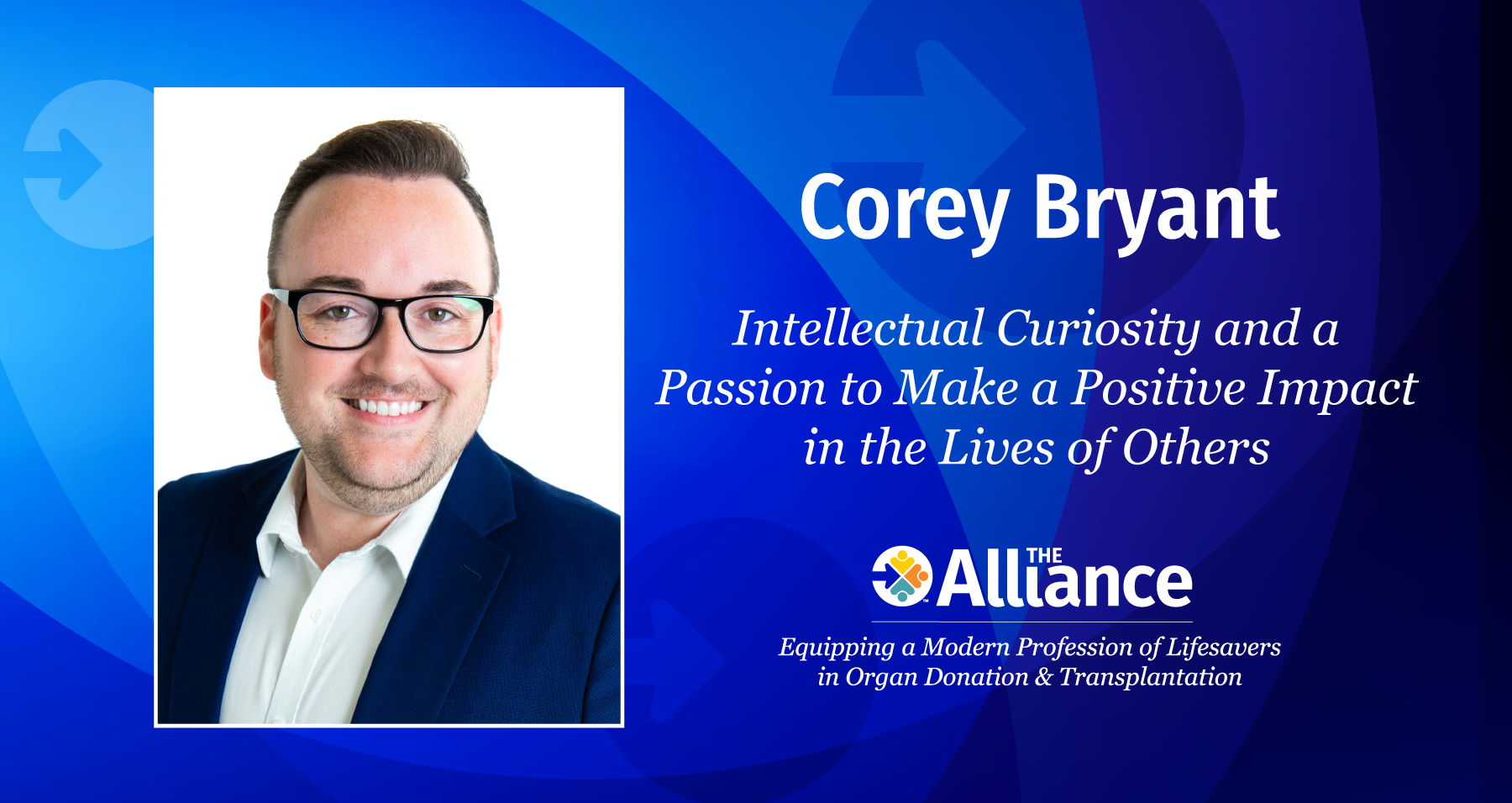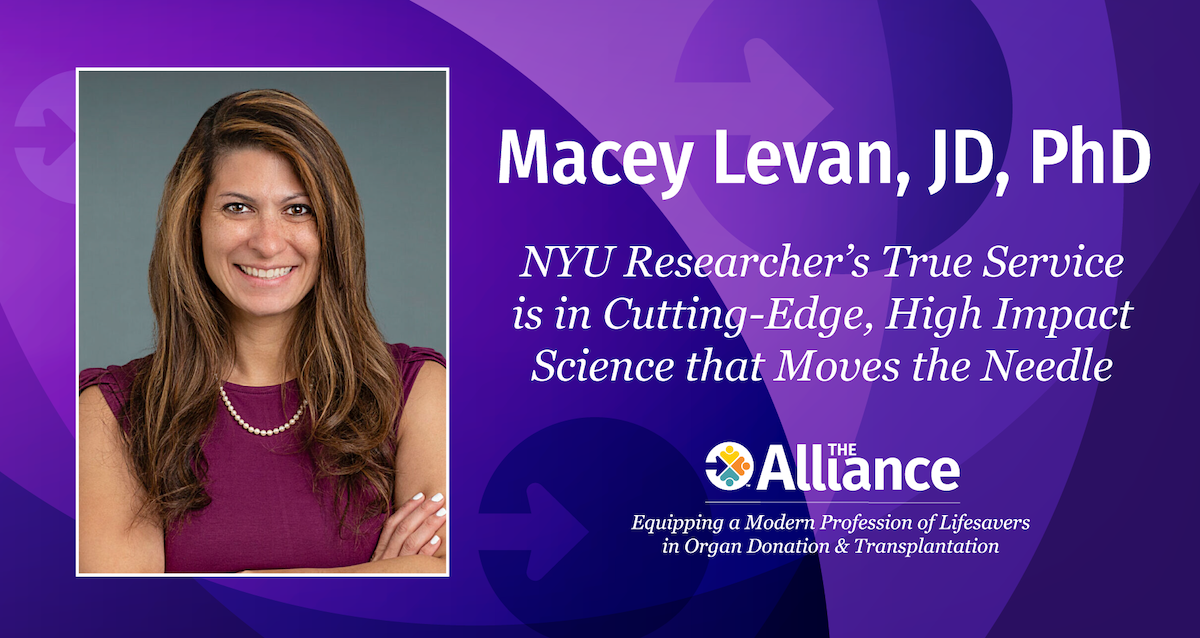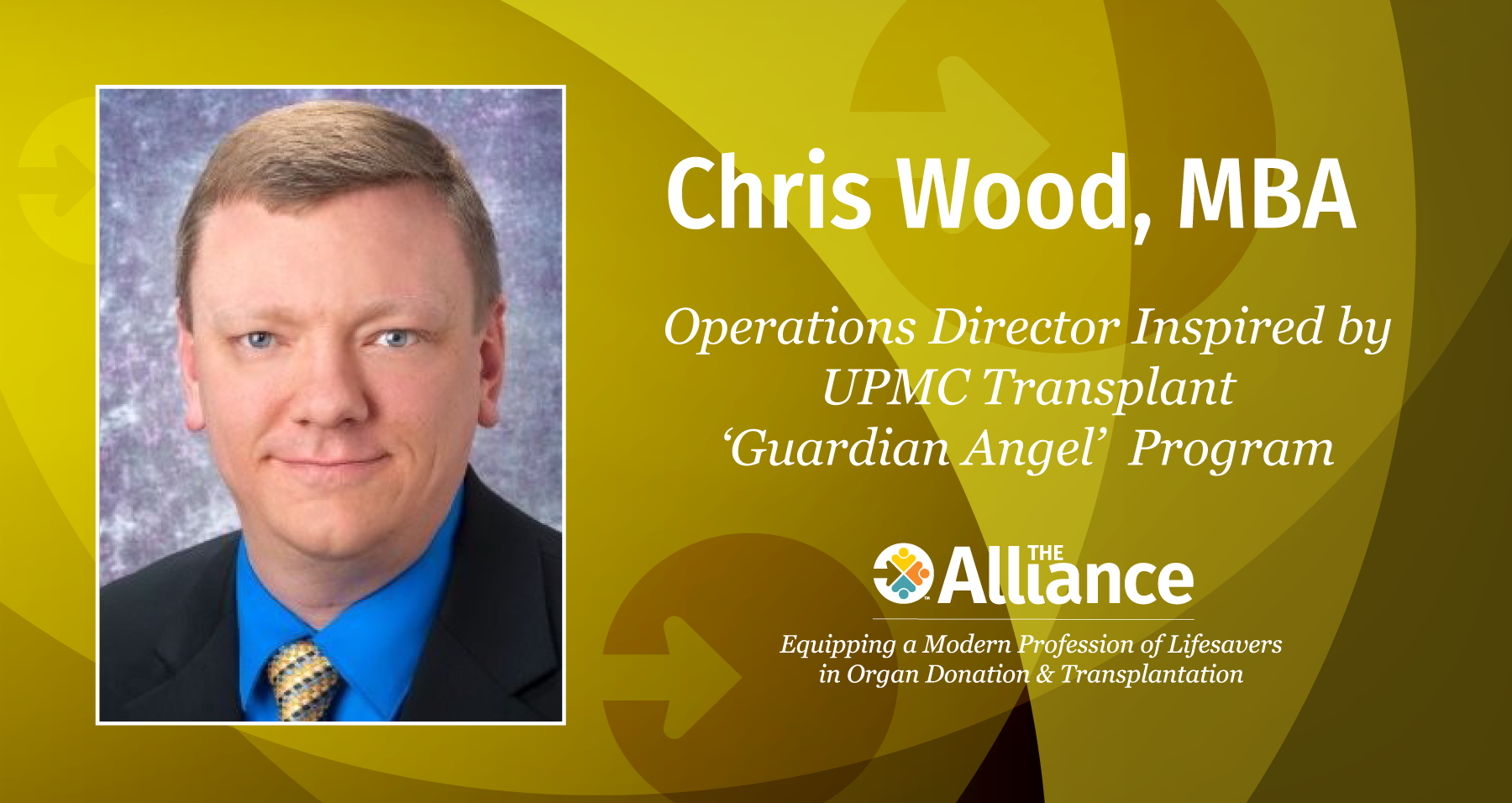From Science, Vol 380, Issue 6645; by Jennifer Couzin-Frankel: On a chilly holiday Monday in January 2020, a medical milestone passed largely unnoticed. In a New York City operating room, surgeons gently removed the heart from a 43-year-old man who had died and shuttled it steps away to a patient in desperate need of a new one.
More than 3500 people in the United States receive a new heart each year. But this case was different—the first of its kind in the country. “It took us 6 months to prepare,” says Nader Moazami, surgical head of heart transplantation at New York University (NYU) Langone Health, where the operation took place. The run-up included oversight from an ethics board, education sessions with nurses and anesthesiologists, and lengthy conversations with the local organization that represents organ donor families. Physicians spent hours practicing in the hospital’s cadaver lab, prepping for organ recovery from the donor. “We wanted to make sure that we controlled every aspect,” Moazami says.
That’s because this donor, unlike most, was not declared dead because of loss of brain function. He had been suffering from end-stage liver disease and was comatose and on a ventilator, with no hope of regaining consciousness—but his brain still showed activity. His family made the wrenching choice to remove life support. Following that decision, they expressed a wish to donate his organs, even agreeing to transfer him to NYU Langone Health before he died so his heart could be recovered afterward.
On a chilly holiday Monday in January 2020, a medical milestone passed largely unnoticed. In a New York City operating room, surgeons gently removed the heart from a 43-year-old man who had died and shuttled it steps away to a patient in desperate need of a new one.
More than 3500 people in the United States receive a new heart each year. But this case was different—the first of its kind in the country. “It took us 6 months to prepare,” says Nader Moazami, surgical head of heart transplantation at New York University (NYU) Langone Health, where the operation took place. The run-up included oversight from an ethics board, education sessions with nurses and anesthesiologists, and lengthy conversations with the local organization that represents organ donor families. Physicians spent hours practicing in the hospital’s cadaver lab, prepping for organ recovery from the donor. “We wanted to make sure that we controlled every aspect,” Moazami says.
That’s because this donor, unlike most, was not declared dead because of loss of brain function. He had been suffering from end-stage liver disease and was comatose and on a ventilator, with no hope of regaining consciousness—but his brain still showed activity. His family made the wrenching choice to remove life support. Following that decision, they expressed a wish to donate his organs, even agreeing to transfer him to NYU Langone Health before he died so his heart could be recovered afterward.
The debate touches on the definition of death, Moazami says. “When the heart stops, we say, ‘time of death, 5:20 a.m.’” But, “The fact of the matter is, death is a process. Death is not a time point.” Cells can take hours to die. Sophisticated machinery can induce a heartbeat hours after death, but does that make a person “alive”?
An expanding number of hospitals and organ procurement organizations (OPOs), which work with donor families, support this novel category of donations, and the number performed in the U.S. is growing. “I had about 3 months, tops,” left to live, says Tony Donatelli, 41, who lives near San Diego with his wife and two young children, and who developed a rare disease that causes a dangerous buildup of protein in the body. On Valentine’s Day 2022, he became the first person in the world known to receive a heart, liver, and kidney from a donor whose organs were perfused after circulatory death. Donatelli is back to surfing, woodworking, and wrestling on the floor with his sons. “I cannot tell you how lucky I am,” he says.
Yet professional groups have expressed dueling views about the organ donation strategy, and a paper in press urges more research. Some countries are holding off on these organ donations, whereas others embrace them. One OPO says families who welcome donation do so without regard for the organ recovery technique, as such gifts can bring comfort after a terrible loss; another worries that without more research and greater attention to legal and ethical questions, there’s a risk fewer people may volunteer to be organ donors. Meanwhile, surgeons say this category of donors could increase heart transplants by up to 30%, saving lives with organs that would otherwise go unused.
“There is definitely that initial reaction that there’s something different” about this, says Anji Wall, an abdominal transplant surgeon and bioethicist at Baylor University Medical Center. Although Wall acknowledges the complexities, she supports such transplants and has performed them herself. “At the end of the day, the donor is dead,” she says. “What you do does not make them alive again.”




